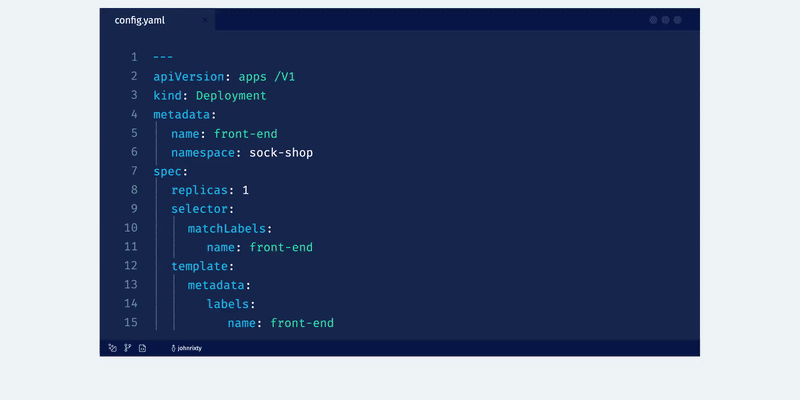ARMO, the Tel Aviv-based company behind Kubescape, the popular open source Kubernetes security platform, today announced that it has raised a $30 million Series A funding round led by Tiger Global. New investor Hyperwise Ventures as well as existing investors Pitango First and Peled Ventures also participated in this round.
Kubescape, which developers can access through a command line interface or a browser-based UI, helps businesses scan their Kubernetes clusters, YAML files and HELM charts for misconfigurations, potential vulnerabilities and issues with their user configurations. The platform also supports multiple security and compliance frameworks like NSA and MITRE, but it also allows businesses to create their own customized frameworks. What’s maybe just as important as finding those issues is that Kubescape then also shows these teams why a certain control failed — allowing them, in some cases, to make the changes right in the Kubescape UI if they want to do so — and how to fix them.

ARMO CEO and co-founder Shauli Rozen told me that the plan for the company is to build an end-to-end solution for Kubernetes security and keep that open source. Today, a lot of companies either stitch together multiple open source solutions, which quickly becomes hard to manage, or they have to use proprietary systems that can be hard to adapt to their specific use cases.
That’s something Tiger Global partner John Curtius also noted. “Kubernetes is open source, and Kubernetes security should be open source too, following the same culture of transparency and collaboration,” he said. “ARMO is unique because they’re committed to a complete open source security solution for Kubernetes, so everyone can benefit from — and contribute to — the most secure platform available.”
ARMO’s business plan is to offer a hosted version of Kubescape, with pricing starting at $59 per worker node/month and three months of data retention (and discounts for annual plans). For users who only use up to 10 worker nodes, there is also a free plan with one month of data retention. Larger enterprises, of course, can negotiate an enterprise plan with the company, too.
“Kubernetes just keeps growing; securing Kubernetes means securing the infrastructure on which all modern microservice applications depend,” said Nathan Shuchami, managing partner with Hyperwise Ventures. “But it also means critical misconfigurations and potential vulnerabilities at many different levels. Kubernetes security is a complex problem. ARMO’s commitment to an open source, end to end solution to the entire challenge made it stand out, and Kubescape’s success just shows how much it’s needed.”


